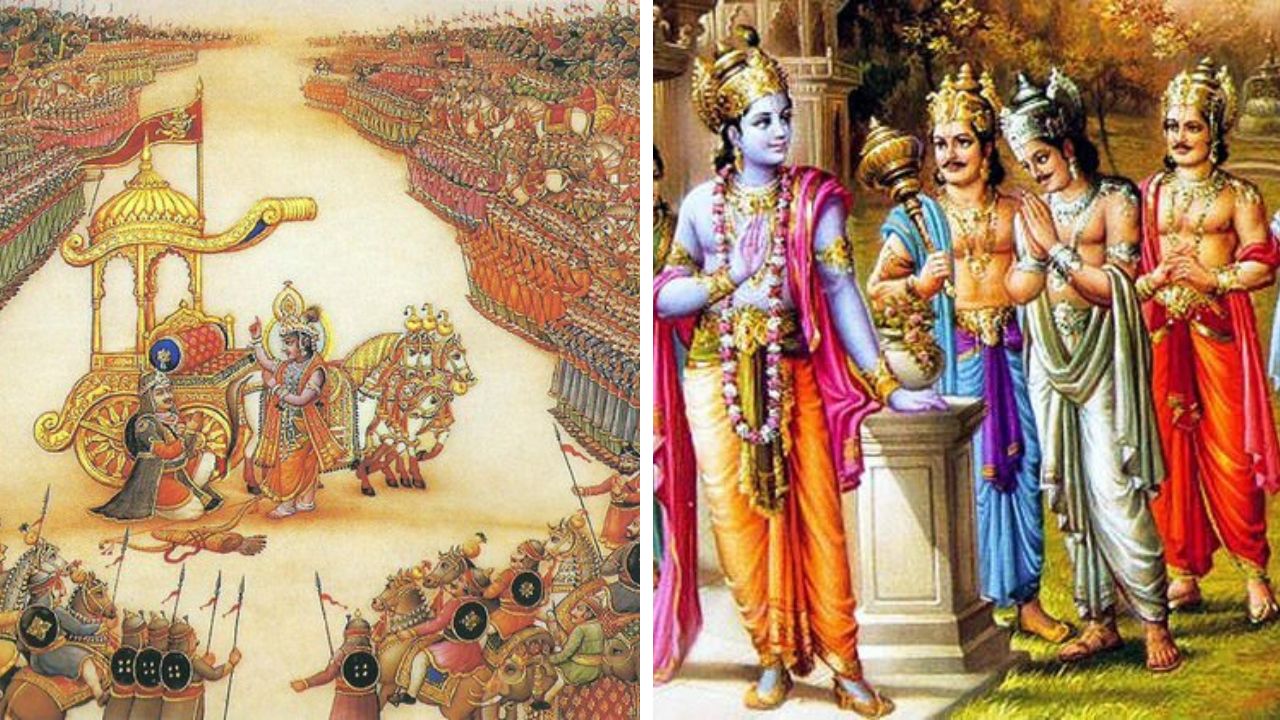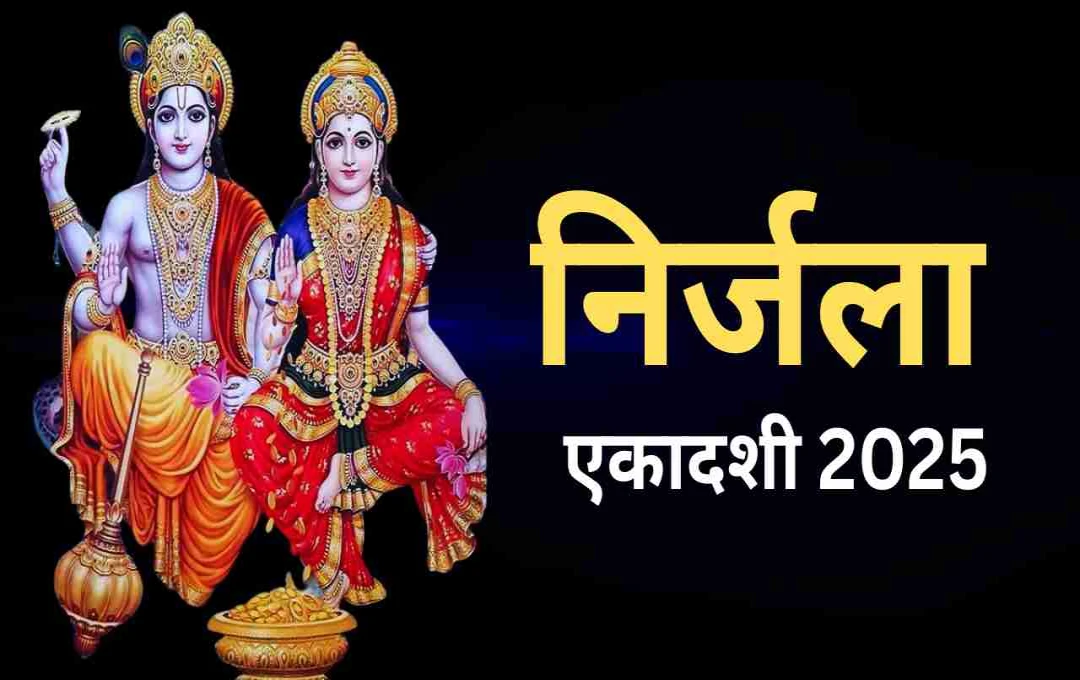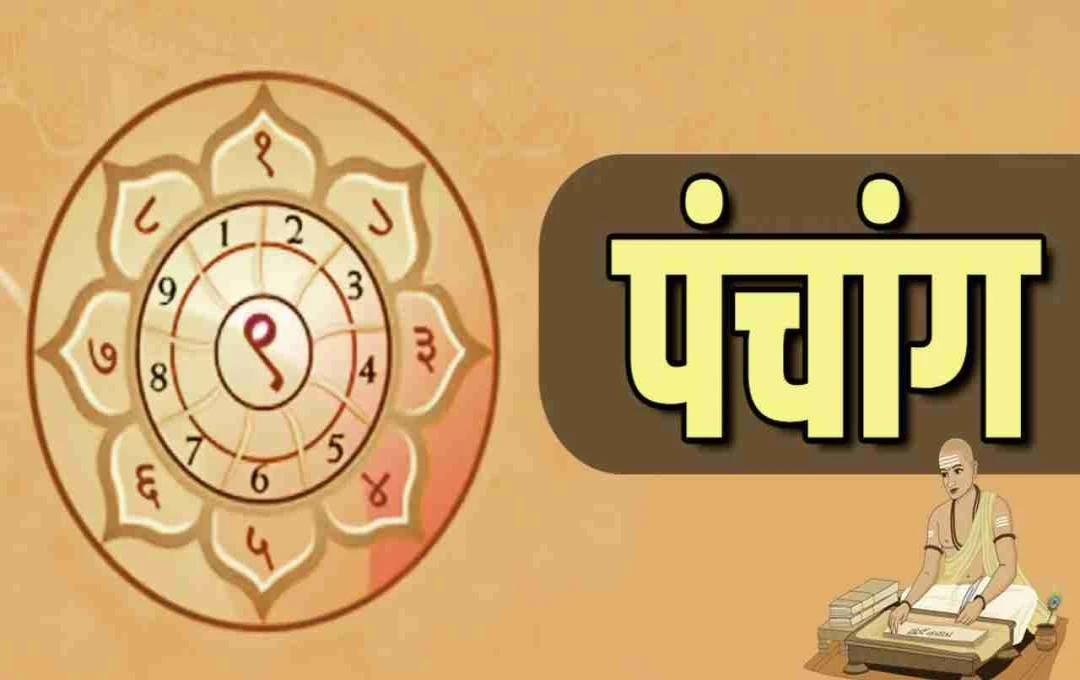The Mahabharata War between the Pandavas and Kauravas: A Conflict Sparked by Five Villages
The Mahabharata war lacked a single definitive cause. Neither Draupadi's taunts, nor the Kauravas' refusal to cede even five villages to the Pandavas, nor their stubborn refusal to yield an inch of land, alone sowed the seeds of a conflict of such unimaginable scale. Draupadi couldn't have foreseen the devastating consequences of a seemingly harmless jest, nor could the Kauravas have anticipated that the resource-constrained Pandavas would challenge their reign. The war stemmed from multiple factors, the most significant being the division of land or kingdom. After prolonged negotiations yielded no solution, a game of dice (dyutkrida) was arranged. In this game, the Pandavas lost everything, including Indraprastha, suffering humiliation, Draupadi's disrobing, and ultimately, a 13-year exile (12 years in the forest and 1 year incognito). During their exile, the Pandavas forged alliances, bolstering their strength and resolving to wage war against the Kauravas.
Following their exile, a proposal was sent to Duryodhana: relinquish his claim to the throne of Hastinapur if he desired a partition of the kingdom. News of the impending war prompted all the kings to choose their sides. Ultimately, both Duryodhana and Arjuna sought Krishna's assistance. Upon arriving, they found Krishna asleep. Arjuna sat at Krishna's feet, while Duryodhana sat at his head. Awakening, Krishna first saw Arjuna and thus granted him the right to make his request first.
Addressing both Arjuna and Duryodhana, Krishna stated that while he possessed the mighty Narayani Sena, he considered them both equal. He vowed to remain unarmed and neutral in the war, with the Narayani Sena on both sides. He offered Arjuna the first choice: him or the Narayani Sena. Duryodhana, fearing Arjuna would choose the powerful Narayani Sena, leaving him with only unarmed Krishna, watched anxiously. To Duryodhana's relief, Arjuna humbly requested Krishna's presence in his army, regardless of whether Krishna chose to fight or remain unarmed.
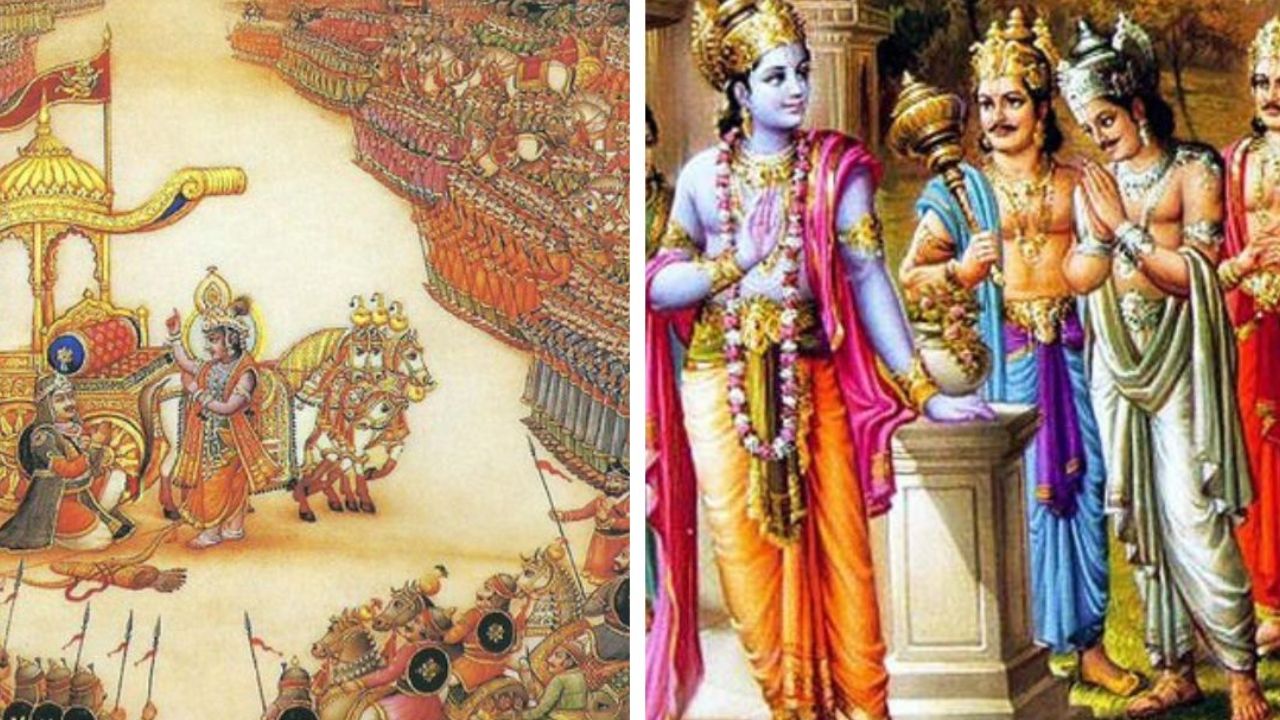
Despite these events, Bhishma Pitamaha advised Dhritarashtra to send Sanjay as an emissary to the Pandavas, proposing peace. Sanjay met Yudhisthira in Upaplavya Nagari and conveyed the peace proposal. While Yudhisthira desired peace, he sought Krishna's counsel and sent Krishna to Hastinapur as a peace envoy. Through Sanjay, they conveyed their willingness to settle for just five villages.
Krishna and Sanjay arrived in Hastinapur. Krishna presented the Pandavas' peace proposal. Duryodhana, however, dissuaded his father from accepting it, claiming the Pandavas, fearing their vast army, were merely feigning peace with this minimal demand. He vowed not to back down from war.
Krishna addressed the assembly, stating the Pandavas' peaceful nature did not signify a lack of preparedness for war. He reminded Dhritarashtra of the Pandavas' filial respect and urged a just decision. He pleaded with Duryodhana to return half the kingdom to the Pandavas and make peace. He assured them that if Duryodhana agreed to these terms, the Pandavas would accept him as their Yuvaraja (crown prince).
Dhritarashtra reasoned that averting war by yielding five villages was preferable. He urged Duryodhana to abandon his stubbornness and reach a compromise to prevent destruction. Duryodhana, enraged, refused to concede even a blade of grass to the Pandavas, insisting the battlefield would decide the outcome.
Despite Dhritarashtra, Bhishma Pitamaha, and Guru Drona's attempts to persuade him, Duryodhana remained adamant, ignoring even his mother Gandhari's pleas. Krishna, realizing the impossibility of peace, returned to Upaplavya Nagari.
These five villages were:
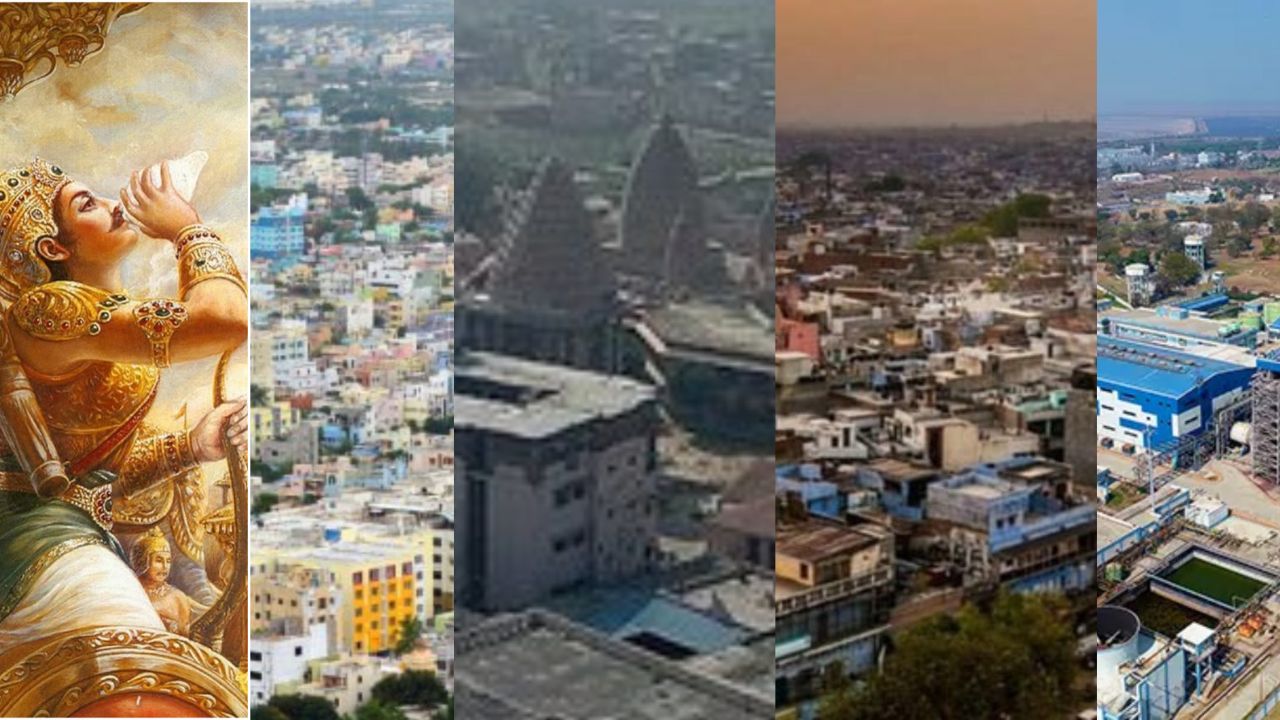
Shripat (Sihi) or Indraprastha
Sometimes referred to as Shripat and other times as Indraprastha, this area is described in the Mahabharata as Indraprastha. When tensions arose between the Pandavas and Kauravas, Dhritarashtra ceded the Khandavaprastha region on the banks of the Yamuna to the Pandavas. Though initially desolate and inaccessible, the Pandavas, aided by Mayaasura, settled and built a fort and palace, naming it Indraprastha.
Bagpat
In the Mahabharata era, this region was known as Vyagraprastha, meaning "the abode of tigers." It has been a tiger habitat for centuries. This is where the Kauravas plotted to burn the Pandavas by constructing a wax palace.
Sonipat
Sonipat was formerly known as Swarnaprastha, later evolving into Sonaprastha and then Sonipat. Swarnapath means "city of gold." Sonipat is one of the five villages demanded by the Pandavas. It's a combination of "swarn" (gold) and "prastha" (place). Sonipat is currently located in Haryana.
Panipat
Panipat was previously known as Panduprastha. This location holds significant historical importance, site of three major battles. Its proximity to Kurukshetra, the site of the Mahabharata war, adds to its historical significance. Panipat lies 90 kilometers north of New Delhi and is also known as the "city of weavers."
Tilpat
Tilprastha was one of the five villages demanded by the Pandavas. Tilpat was formerly known as Tilprastha. It is a city in the Faridabad district of Haryana.
